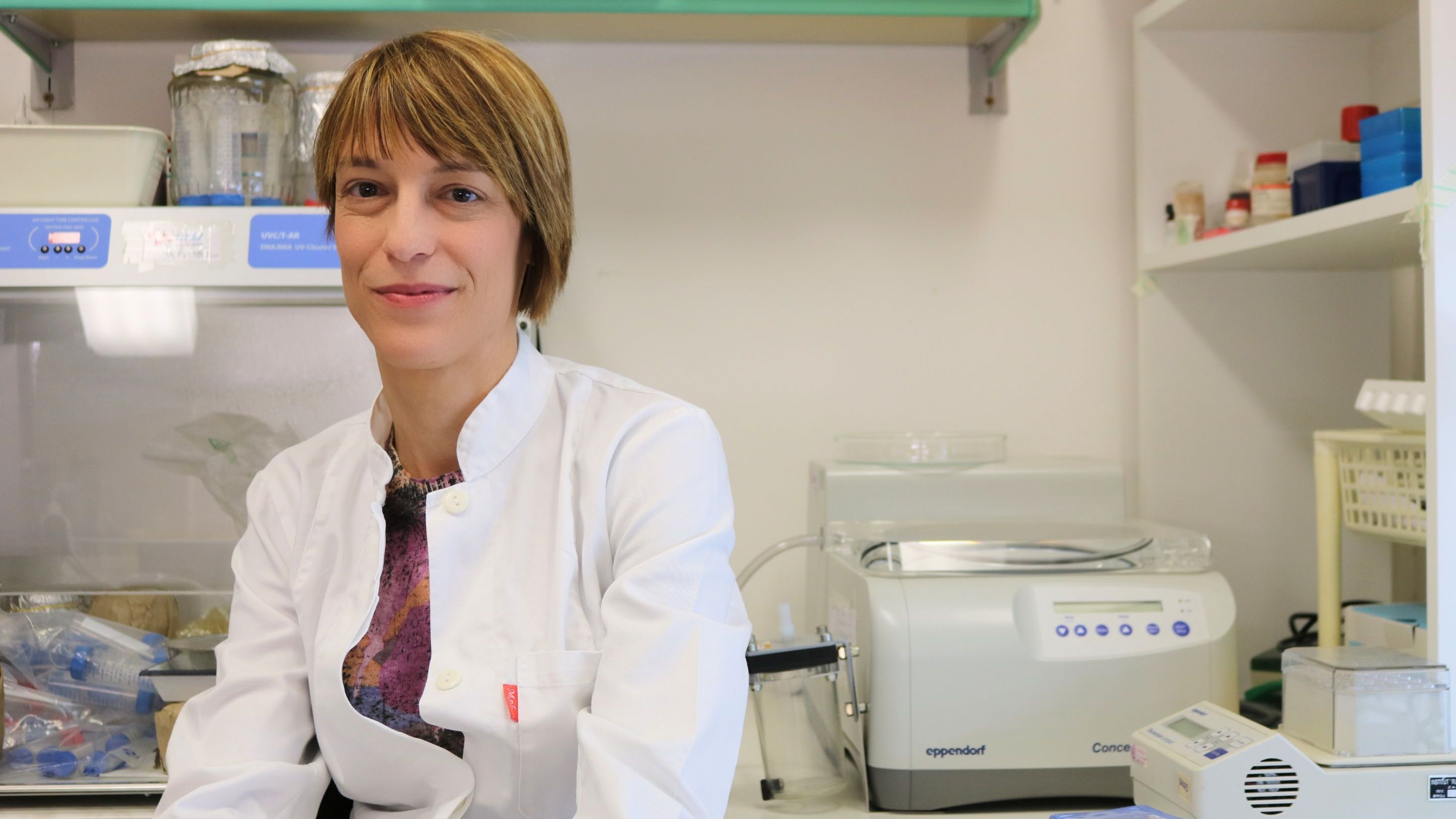The world of science often seems a world apart from everyday life.
Scientists are often perceived as people who speak a language of their own and work on topics the average person rarely considers. Yet behind the impressive research and academic titles are real people, living real lives and facing the same everyday challenges as anyone else.
Dr Matea Nikolac Perković, a Senior Research Associate at the Ruđer Bošković Institute, is a shining example of a scientist who has successfully built a career in neuroscience. Her journey – from volunteer to leader of international projects – demonstrates how perseverance, a deep passion for science, and strong organisational skills can help overcome the challenges faced by women in science today.
She graduated in Molecular Biology from the Faculty of Science at the University of Zagreb in 2008, during a time of severe economic crisis, when opportunities for scientific employment were few and far between.
“I came to the Institute after my master’s thesis and started volunteering, waiting for a junior researcher post to open up – which back then were handed out very sparingly,” recalls Dr Nikolac Perković. “It was a time of financial instability, limited job openings, and very few opportunities for young scientists. Many of my peers from university either moved abroad or changed career paths entirely.”
Despite these difficult circumstances, her persistence paid off. After volunteering, she secured a junior researcher position under Dr Pivac at the Laboratory for Molecular Neuropsychiatry at the Ruđer Bošković Institute.
International Experience as a Career Turning Point
Although she never pursued a permanent post abroad, it was international experience that truly shaped Dr Nikolac Perković as a scientist and passionate advocate of international research collaboration. For her postdoctoral training, she chose Madrid – but moving to Spain was no easy decision, as at the time she had two very young children, the younger just three months old.
A one-year stint at the Centre for Metabolomics and Bioanalysis in Madrid provided her with invaluable knowledge in metabolomics, which has since become a core part of her research. It also enabled her to build a network of international collaborators with whom she still works today.
“I won’t sugar-coat it – moving to Spain with small children was far from easy. I gave birth to my second child in January, and by April we were already in Madrid. If it weren’t for the support of my family, and especially my husband who took parental leave to care for the children, that postdoc simply wouldn’t have happened. Looking back, I can honestly say it was one of the most important experiences in my career. That year allowed me to master methodologies we now apply in our lab, which are key to our current research on extracellular vesicles.”
Striking a Balance Between Scientific Excellence and Motherhood
One of the biggest challenges many women face in their careers is balancing work and family life. Scientists are no exception – although research careers can have certain advantages, as experiments rarely follow a strict 9-to-5 schedule. Lab work can often spill into weekends or late nights, offering a degree of flexibility that can be helpful when juggling family commitments.
Alongside family support, she says it’s crucial to let go of perfectionism and accept that not everything will always go to plan.
“You need to set clear priorities and accept that some aspects of your work or family life will inevitably take a back seat at times. That’s the reality for all working mums, not just those in science,” says Dr Nikolac Perković.
Current Projects and the Importance of Science Communication
Today, she leads the Croatian-Slovenian bilateral project “Circulating Extracellular Vesicles as Predictors of Antidepressant Response: Monitoring the Mechanism of Action of New Therapeutic Approaches in Depression”, funded by the Croatian Science Foundation.
She has published over 100 scientific papers in respected international journals, delivered numerous talks at global conferences, and been involved in a wide range of projects. Yet despite her packed schedule, she always finds time for public engagement, which she sees as an essential duty of scientists.
“Science communication is a responsibility we all share. We have the power to inspire the next generation and raise public awareness about important topics such as mental health, helping to reduce the stigma around psychiatric disorders,” she emphasises. “I’ve been involved in IRB Open Days for years, and I absolutely love seeing children come with hundreds of questions asking ‘why’. That’s what science needs – curious and bright young minds who could become tomorrow’s scientists. We just have to make sure we don’t lose them along the way.”
Advice for Aspiring Scientists
For young people considering a career in science, she has a few words of advice:
“First, nurture your curiosity and your passion for discovery – that’s what will keep you going through the tough times. Second, don’t hesitate to seek out international experience and collaboration – they’re crucial for your professional growth. And third, don’t postpone starting a family for the sake of your career. With good planning and family support, it’s entirely possible to balance both sides of life successfully.”
She also highlights the importance of mentorship and role models, and the responsibility senior scientists have in encouraging and developing the next generation.
“Just as someone gave me a chance when I finished university, I now want to pay that forward and offer opportunities to today’s young researchers.”
Her story is living proof that one does not have to choose between a fulfilling family life and a thriving scientific career.
Yes, compromises are needed, and challenges are part of the journey – but with family support, understanding colleagues, and personal dedication, nothing is out of reach.





